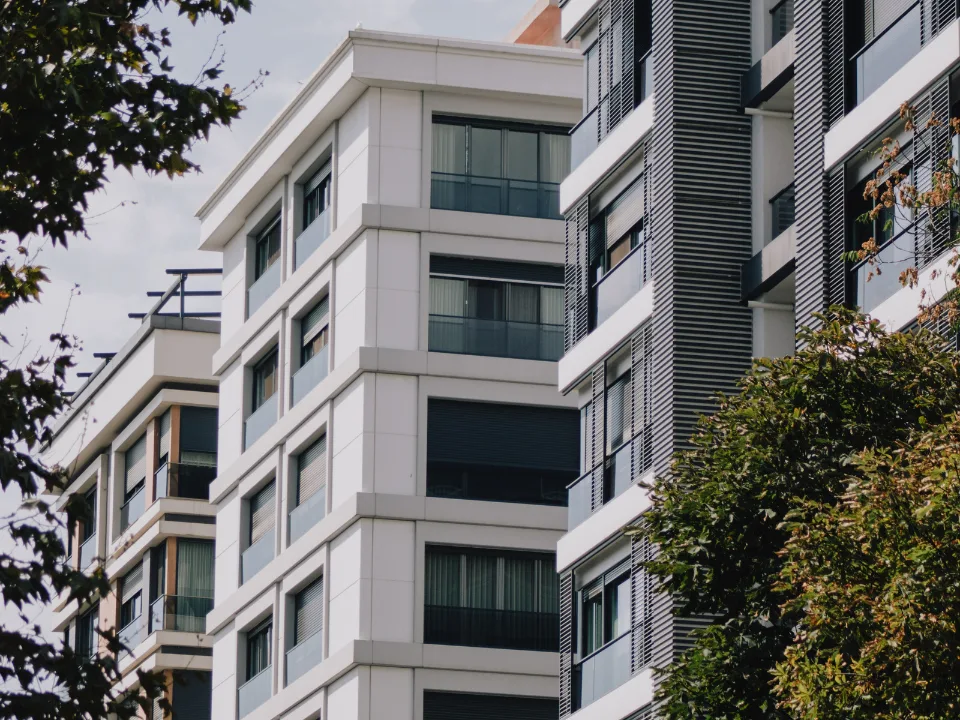- Rent trends show a 0.6% national increase, bringing the average rent to $1,629 in September 2025.
- Data center growth is driving up rents in Midwest cities like Chicago and Dayton.
- Vacancy rates are expected to tighten nationwide as new apartment construction slows.
- 2026 outlook suggests sharper rent hikes due to limited new supply and rising demand.
The Calm Before The 2026 Storm
Rental prices remain steady through late 2025, but slowing construction and demand growth signal a tightening market ahead, reports Apartments.com. According to the September Rent Report, the national average rent now stands at $1,629 for a one-bedroom and $1,887 for a two-bedroom unit, up 0.6% from last year.
The 8.2% vacancy rate is expected to drop to 7.9% by fall 2026, signaling supply is lagging demand. Developers are slowing their pace, with fewer new apartments expected to come online in 2026. This pullback in construction is expected to put upward pressure on rent prices, especially as peak rental season returns next spring.
Midwest Cities Emerge As Unexpected Hotspots
Chicago and Dayton are experiencing notable rent increases, driven by expanding data center infrastructure. Suburbs like Naperville and Evanston (Chicago metro) and Trotwood and Kettering (Dayton metro) are seeing significant pricing pressure as tech companies invest in local real estate.
- Chicago rents rose 4.5% year-over-year, with a projected vacancy drop from 4.6% to 4.4% by mid-2026.
- Dayton rents increased 2%, although its vacancy rate is expected to rise slightly to 7.1%, temporarily easing price acceleration.
These shifts, especially in tech, are driving rent growth in regions not traditionally known for sharp residential price increases.
Get Smarter about what matters in CRE
Stay ahead of trends in commercial real estate with CRE Daily – the free newsletter delivering everything you need to start your day in just 5-minutes
September’s Biggest Movers
Top Rent Increases:
- Brookline, MA: +5.4% (now $2,823/month)
- Brooklyn, NY: +4.7%
- Chicago, IL: +4.5%
- New York, NY: +3.9%
- Columbus, OH: +3.8%
Top Rent Decreases:
- Cape Coral, FL: -8.8%
- Sarasota, FL: -5.5%
- Naples, FL: -3.9%
- Fort Myers, FL: -3.8%
- Denver, CO: -3.2%
Florida rents face downward pressure as new construction boosts supply and gives renters more negotiating power.
Looking Ahead
While September rent changes were relatively mild, the combination of slowed construction and increased demand is setting the stage for a more competitive market in 2026. According to CoStar Group, rent prices may dip slightly by the end of this year, but are expected to rebound early next year—particularly in areas where new construction has ground to a halt.
With markets like Chicago and Dayton gaining momentum from tech infrastructure and Florida markets adjusting to oversupply, renters and investors alike will need to keep a close eye on how these regional dynamics unfold.

















